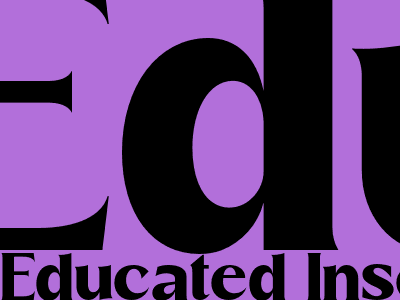
Educated Insolence: The Rise of Misinformation in a Digital Age
Unveiling the Perils of Unverified Information
In the era of ubiquitous internet connectivity, information has become both a readily available commodity and a potential minefield. While the digital age has democratized access to knowledge, it has also ushered in a troubling phenomenon: educated insolence.
Educated insolence refers to the arrogant and uninformed dissemination of false or misleading information by individuals who possess some level of education or expertise. These individuals often rely on their perceived credibility to lend credence to their claims, even when those claims are unsubstantiated or outright false.
The Dangers of Misinformation
Distorting Public Discourse
Misinformation can have a profound impact on public discourse by skewing perceptions and undermining trust in reliable sources. When individuals are exposed to false or misleading information, they may be more likely to believe and share it, contributing to the spread of misinformation and eroding the credibility of legitimate institutions.
Damaging Individuals and Communities
The consequences of misinformation can extend beyond the realm of public opinion. False or misleading health information can lead people to make harmful decisions about their own well-being, while financial misinformation can result in significant financial losses.
Undermining Democratic Processes
In a democracy, informed citizens are essential for making sound decisions. However, the proliferation of misinformation can undermine this process by confusing voters and making it difficult for them to distinguish between fact and fiction.
Combating Educated Insolence
Critical Thinking and Fact-Checking
The most effective antidote to educated insolence is critical thinking. By evaluating the credibility of sources, scrutinizing claims, and seeking out multiple perspectives, individuals can arm themselves against misinformation.
Media Literacy and Information Literacy
To combat misinformation effectively, individuals need to be media literate and information literate. Media literacy involves understanding how media messages are created and disseminated, while information literacy involves the ability to find, evaluate, and use information effectively.
Collaboration and Partnerships
Educators, journalists, and technology companies have a crucial role to play in combating educated insolence. By working together, they can develop educational initiatives, promote fact-checking, and create tools that make it easier for individuals to access reliable information.